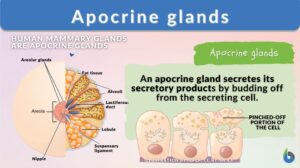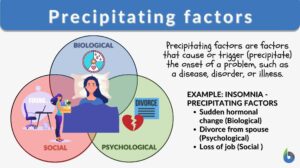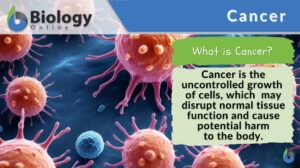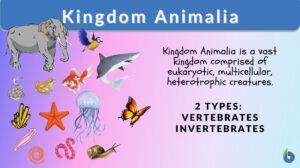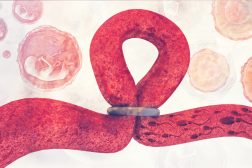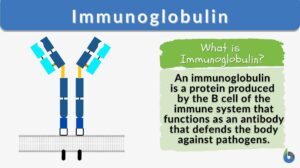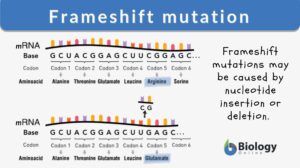Search Results for: breast
Human milk oligosaccharide
Definition noun plural: human milk oligosaccharides An oligosaccharide that occurs in high concentrations and exclusively... Read More
Apocrine gland
The human body is a complex assemblage of many different organs, systems, glands, bones, and tissues. Weighing any one over... Read More
Autocrine signaling
Autocrine Signaling Definition What is autocrine signaling? Autocrine signaling is a type of cell signaling wherein a cell... Read More
Precipitating factors
Precipitating Factor Definition Precipitating factors are factors that initiate or promote the onset of any illness,... Read More
Mammalian Ancestors
Humans are mammals, the most successful taxonomic class of organisms to colonize the Earth. The word mammal derives from the... Read More
Takahē (Porphyrio hochstetteri)
By: Maria Victoria GonzagaPreviously, we've seen the different animals endemic to New Zealand. Due to the... Read More
Centrosome
Centrosome Definition What is a centrosome? The centrosome is considered to be the main microtubule-organizing... Read More
Krebs cycle
Krebs cycle, also known as the citric acid cycle or tricarboxylic acid (TCA) cycle, is a fundamental metabolic pathway that... Read More
Myoepithelial cell
Definition noun, plural: myoepithelial cells (1) (histology) A slender, spindle-shaped contractile cell forming the thin... Read More
Natural passive immunity
Definition noun A passive immunity acquired by the fetus or newborn from the mother via the placental transfer of antibodies... Read More
Kingdom Animalia
Kingdom Animalia Definition Each person can say that they know of or can name at least one animal. However, do people know... Read More
Naturally acquired passive immunity
Definition noun A passive immunity that is acquired by the fetus or newborn through its mother, and typically lasts the... Read More
New Zealand’s Unique Fauna
By: Maria Victoria GonzagaIn the previous lesson, we learned about the high biodiversity of New Zealand and how... Read More
Genetic Information and Protein Synthesis
Genetic Code Genes are sequences of DNA nucleotides that carry and transmit the information specifying amino acid sequences... Read More
Sigmund Freud and Carl Gustav Jung
Sigmund Freud Sigmund Freud was a famous Austrian neurologist (1856 - 1939), who stated that dreams were the manifestation... Read More
Diaphoresis
What is Diaphoresis? Diaphoresis is referred to excessive or profuse perspiration or sweating which may be due to... Read More
Intertriginous
Definition adjective (1) Of, or relating to, or characterized by intertrigo. (2) Of, or pertaining to areas in the body... Read More
Birth Control and Contraception
Birth Control Some religious beliefs see methods of contraception unethical while some political bodies chose birth control... Read More
Human Reproduction
Terminology and Concepts Primary reproductive organs are called gonads - testes in the male and ovaries in the female.... Read More
Adenofibrosis
Adenofibrosis --> sclerosing adenosis a nodular, benign breast lesion occurring most frequently in relatively young women... Read More
Immunoglobulin
Immunoglobulin Definition An immunoglobulin is a globulin molecule produced by the immune cells, for the body's defense... Read More
Apparent competition
Competition Definition One of the many branches of biology is ecology. Ecology is the study of the relationships that the... Read More
Frameshift mutation
Define Frameshift Mutation What is a frameshift mutation? In biology, insertions or deletions of nucleotides in the coding... Read More

